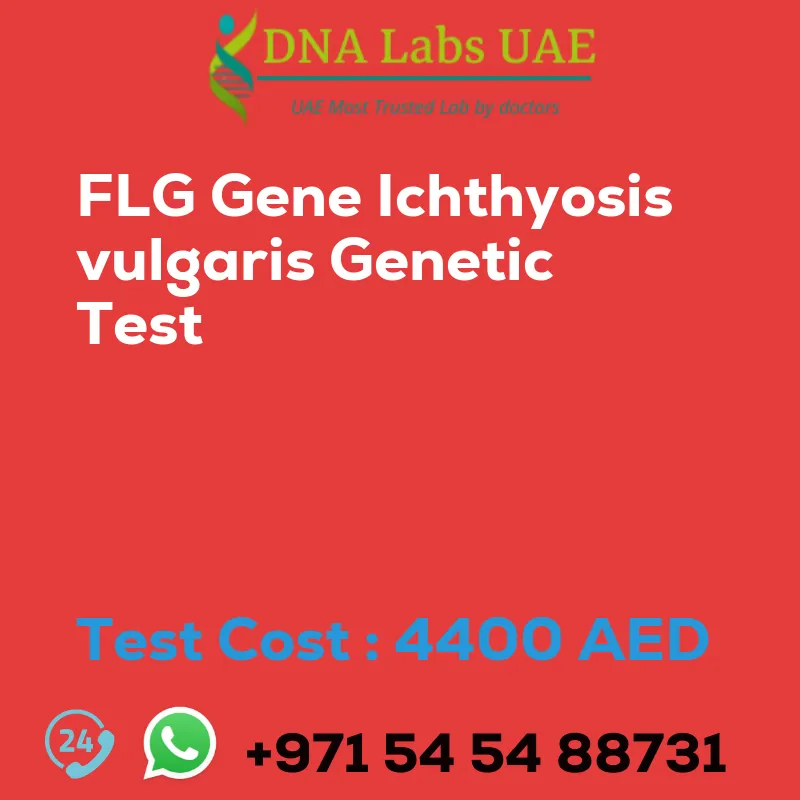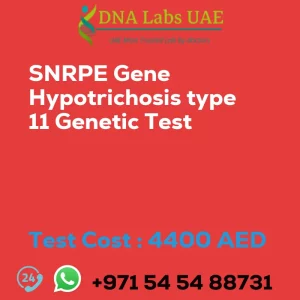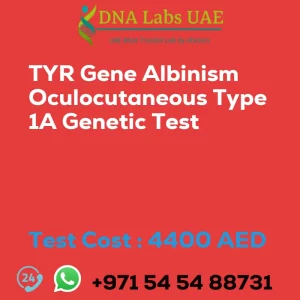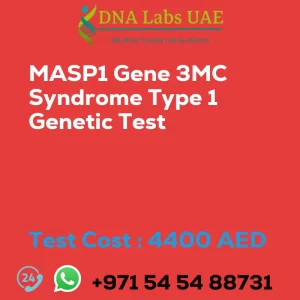FLG Gene Ichthyosis vulgaris Genetic Test
Test Details
FLG (filaggrin) gene mutations are associated with a skin condition called ichthyosis vulgaris. Ichthyosis vulgaris is a genetic disorder characterized by dry, scaly skin. NGS (next-generation sequencing) genetic testing is a type of genetic testing that can be used to identify mutations in the FLG gene.
NGS genetic testing involves sequencing the entire FLG gene to identify any mutations or variations that may be present. This can help in diagnosing ichthyosis vulgaris and determining the specific genetic cause of the condition.
The FLG gene provides instructions for producing a protein called filaggrin, which is important for maintaining the integrity and hydration of the skin barrier. Mutations in the FLG gene can lead to a decrease in filaggrin production, resulting in dry and scaly skin.
NGS genetic testing for ichthyosis vulgaris can be helpful for individuals with suspected cases of the condition, as it can provide a definitive diagnosis and guide treatment decisions. It can also be used for carrier testing in individuals with a family history of ichthyosis vulgaris, as FLG gene mutations can be inherited in an autosomal dominant or recessive manner.
It is important to note that genetic testing for ichthyosis vulgaris is not always necessary for diagnosis, as the condition can often be diagnosed based on clinical symptoms and a physical examination. However, genetic testing can provide additional information and may be recommended in certain cases.
Test Name: FLG Gene Ichthyosis vulgaris Genetic Test
Components:
- Price: 4400.0 AED
- Sample Condition: Blood or Extracted DNA or One drop Blood on FTA Card
- Report Delivery: 3 to 4 Weeks
- Method: NGS Technology
- Test Type: Osteology Dermatology Immunology Disorders
- Doctor: Dermatologist
- Test Department: Genetics
Pre Test Information:
Clinical History of Patient who is going for FLG Gene Ichthyosis vulgaris NGS Genetic DNA Test. A Genetic Counselling session to draw a pedigree chart of family members affected with FLG Gene Ichthyosis vulgaris NGS Genetic DNA Test gene FLG.
| Test Name | FLG Gene Ichthyosis vulgaris Genetic Test |
|---|---|
| Components | |
| Price | 4400.0 AED |
| Sample Condition | Blood or Extracted DNA or One drop Blood on FTA Card |
| Report Delivery | 3 to 4 Weeks |
| Method | NGS Technology |
| Test type | Osteology Dermatology Immunology Disorders |
| Doctor | Dermatologist |
| Test Department: | Genetics |
| Pre Test Information | Clinical History of Patient who is going for FLG Gene Ichthyosis vulgaris NGS Genetic DNA Test. A Genetic Counselling session to draw a pedigree chart of family members affected with FLG Gene Ichthyosis vulgaris NGS Genetic DNA Test gene FLG |
| Test Details |
FLG (filaggrin) gene mutations are associated with a skin condition called ichthyosis vulgaris. Ichthyosis vulgaris is a genetic disorder characterized by dry, scaly skin. NGS (next-generation sequencing) genetic testing is a type of genetic testing that can be used to identify mutations in the FLG gene. NGS genetic testing involves sequencing the entire FLG gene to identify any mutations or variations that may be present. This can help in diagnosing ichthyosis vulgaris and determining the specific genetic cause of the condition. The FLG gene provides instructions for producing a protein called filaggrin, which is important for maintaining the integrity and hydration of the skin barrier. Mutations in the FLG gene can lead to a decrease in filaggrin production, resulting in dry and scaly skin. NGS genetic testing for ichthyosis vulgaris can be helpful for individuals with suspected cases of the condition, as it can provide a definitive diagnosis and guide treatment decisions. It can also be used for carrier testing in individuals with a family history of ichthyosis vulgaris, as FLG gene mutations can be inherited in an autosomal dominant or recessive manner. It is important to note that genetic testing for ichthyosis vulgaris is not always necessary for diagnosis, as the condition can often be diagnosed based on clinical symptoms and a physical examination. However, genetic testing can provide additional information and may be recommended in certain cases. |








